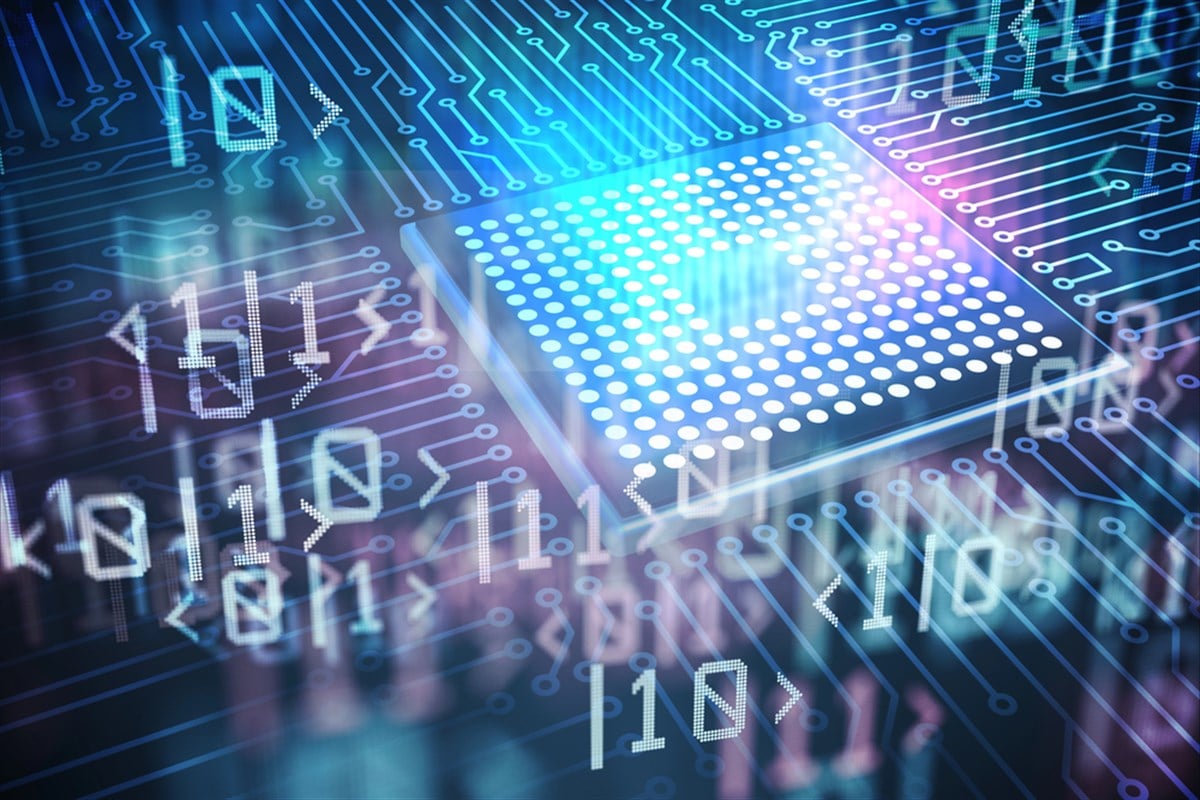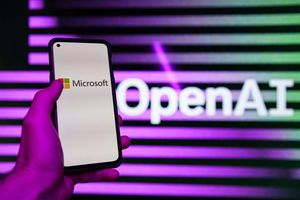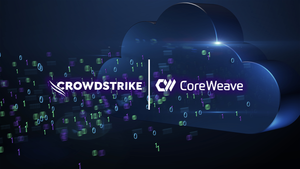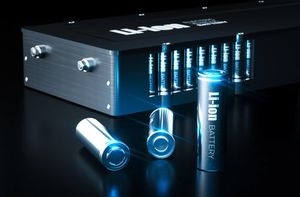
Quantum computing is causing rumblings in the stock market, as evidenced by the interest in stocks like IonQ Inc. (NYSE: IONQ), which have surged 156% year-to-date (YTD). The computer and technology sector pioneer IonQ is widely being accepted as the leader in this segment based on its 102% YoY growing revenues, a $54.5 million deal with the United States Air Force Research Lab (AFRL), and financial backing from industry giants like Amazon.com Inc. (NASDAQ: AMZN), Lockheed Martin (NYSE: LMT) and Samsung Electronics Co. Ltd. (OTCMKTS: SSNLF). IonQ is one of the few companies that have actually built and tested a quantum computer.
While quantum computing has been around for over a decade, the applications for quantum computing, ranging from drug discovery, cryptography, materials science, and complex financial modeling, are driving interest in these stocks. The Trump victory and Elon Musk have also fueled speculation for more interest in quantum computing as a nation. Amazon Web Services announced its Quantum Embark advisory program on Nov. 22, 2024, to help customers prepare for the era of quantum computing.
Quantum computing is in its infancy as a viable commercial industry, and no company has profited from it. While IonQ generated $12.6 million in Q2 2024, it also reported an adjusted EBITDA loss of $52.5 million. Most of the "revenue" generated by quantum computing companies is usually research grants, funding, and financing. With that in mind, here are two highly speculative, low-priced quantum computing stocks to keep on your radar if you have risk capital to burn.
D-Wave: Industry Veteran Facing a Cash Crunch
D-Wave Quantum Inc. (NYSE: QBTS) was founded in 1999, making it one of the oldest companies in the industry. Conventional quantum computers use quantum properties like superposition (particles existing in multiple states simultaneously) and entanglement (quantum particles linked change state regardless of distance) to perform computations in a gate model. D-Wave focuses on annealing quantum computers. Annealing uses quantum fluctuations to find optimal solutions to problems gradually settling into a system's lowest energy state. It's best for solving optimization problems in the fields of materials science, logistics, and finance.
Quantum Computing as a Service (QCaaS) Generates Revenue
D-Wave has built and even sold quantum computers and generates revenue for its quantum computing-as-a-service (QCaaS) plans. In fact, D-Wave saw a 41% YoY revenue jump for its QCaaS service to $1.6 million in Q3 2024. Unfortunately, net loss also jumped 41% YoY to $22.7 million. The company had 132 customers, comprised of 76 commercial customers, including 27 Forbes Global 2000 companies. Revenue from government customers increased by $800,000, research customers increased by $600,000, and commercial customers fell by $200,000.
D-Wave Faces a Cash Crunch Into 2025 But Has Up to $130 Million Issuance Capacity
At the end of the quarter, D-Wave had $29.3 million. The company still has $79.1 million of issuance capacity under its a-the-market (ATM) program to raise cash and $49.9 million available in its equity line of credit (ELOC) of issuance capacity subject to conditions including having a sufficient number of registered shares and a stock price above $1.00. The company expects fourth-quarter revenues to improve in other third quarters and fiscal 2024 adjusted EBITDA loss to be less than $54.3 million.
Important Milestones Achieved in Q3
The U.S. Department of Defense has deemed D-Wave “awardable” under its Tradewinds buying program. The program is meant to accelerate the procurement and adoption of emerging technologies. The company announces that NTT DOCOMO is planning the production deployment of a hybrid quantum application built with D-Wave technology. D-Wave completed the calibration of a 4,400 qubit Advantage2 processor, which was a "significant development milestone" on the path to the commercial release of Advantage2.
D-Wave CEO Alan Baratz stated, “Annealing quantum computing is continuing to drive the commercial adoption of quantum technology. “Organizations around the world – from Vinci Energies in Europe to NTT DOCOMO in Japan – are recognizing the value our technology can bring right now in fueling discoveries, facilitating operational excellence and driving measurable outcomes."
Rigetti Computing: Building Quantum Processors and Computers
Full-stack quantum-classical computing company Rigetti Computing Inc. (NASDAQ: RGTI) designs and manufactures quantum processing units (QPUs) through its Novera brand and offers QCaaS plans. Rigetti uses superconducting transmon qubits, which are fabricated on chips. The company is focused on building scalable quantum computers. Its Quantum Cloud System (QCS) integrates into any private, public, or hybrid cloud. The UK’s National Quantum Computing Centre (NQCC) opened on Oct. 25, 2024, with a fully operational Rigetti 24-qubit Ankaa-class system. It's available for NQCC researchers to benchmark, test, and develop exploratory applications.
Still Losing Money, But Has a Longer Cash Runway
Rigetti reported Q3 2024 revenue of $2.4 million and a net loss of $14.3 million. Its revenues come from government contracts with the DOD and the Department of Energy (DOE). After raising $12 million in the quarter, the company has $92.6 million in cash and cash equivalents.
Rigetti plans to release a 36-qubit system by the middle of 2025 and a 100-qubit system by the end of the year in 2025. Rigetti plans to develop the 336-qubit Lyra system afterward.
Rigetti Computing CEO Subodh Kulkarni commented, “We believe superconducting-qubits have many advantages over other-qubit modalities, including that they are fabricated using well-established semiconductor design and manufacturing techniques. Superconducting qubits also perform faster gate operations than other qubit modalities. Our system gate speeds consistently achieve an active duration of 60 to 80 nanoseconds, which is four orders of magnitude faster than other modalities such as ion traps and pure atoms.”






